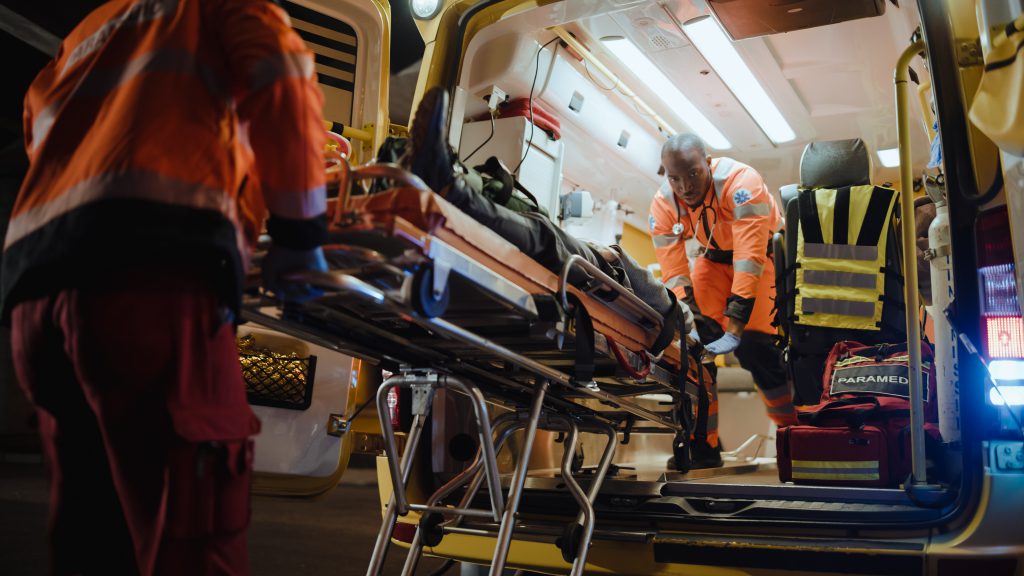‘There’s money for everything but not for ambulance workers’

Ambulance workers at Mater Dei Hospital are outraged as Government is investing huge sums in new equipment but is playing hardball when it comes to a new collective agreement which has been pending for years.
The issue concerns emergency ambulance responders and team leaders who have been in talks with the Government for the past three years. This sentiment came to light a few days ago when Health Minister Chris Fearne inaugurated a new €600,000 control room. Meanwhile, a tender has been issued for the acquisition of 15 new ambulances.
“The Health Department has spent all this money on these projects but has found no funds to seal the deal for these workers who are providing an essential service,” ambulance workers told the Voice of the Workers Weekly.
They explained that despite being treated in such manner, they were at the forefront at the height of the pandemic and were exposed to great risks because they were in direct contact with people infected with Covid-19.
Last February these workers were forced to escalate their actions after being systematically ignored by the Government. That was why UHM Voice of the Workers had taken industrial action without endangering patients or hindering treatment in urgent cases. Nonetheless, Government had taken these workers to court through an injunction which resulted in the suspension of this industrial action. In its decision the Court had called on both parties to make an effort to reach an agreement. However, these words seem to have fallen on deaf ears.
“Since then, we barely had five meetings. The court ruled that the industrial action was endangering the health service, but at the same time the Health Ministry was disrespectful in our regard. It seems that Government has the necessary funds to modernise the equipment but not when it comes to ambulance workers. There’s money for everything but not for us,” the workers complained.
Charles Vella, manager of the UHM section remarked that the union recognized the importance of investing in better equipment such as the control room, new ambulances and even rapid response vehicles. However, he noted that this investment must be complemented by offering better conditions to the workers.
“These employees strived to provide the best service within the limitations they had and in every situation. But it is high time to have a collective agreement that reflects the service they are providing. Now is the opportune time to invest in better conditions for these workers. That is the way to truly improve the health service,” Vella said.
